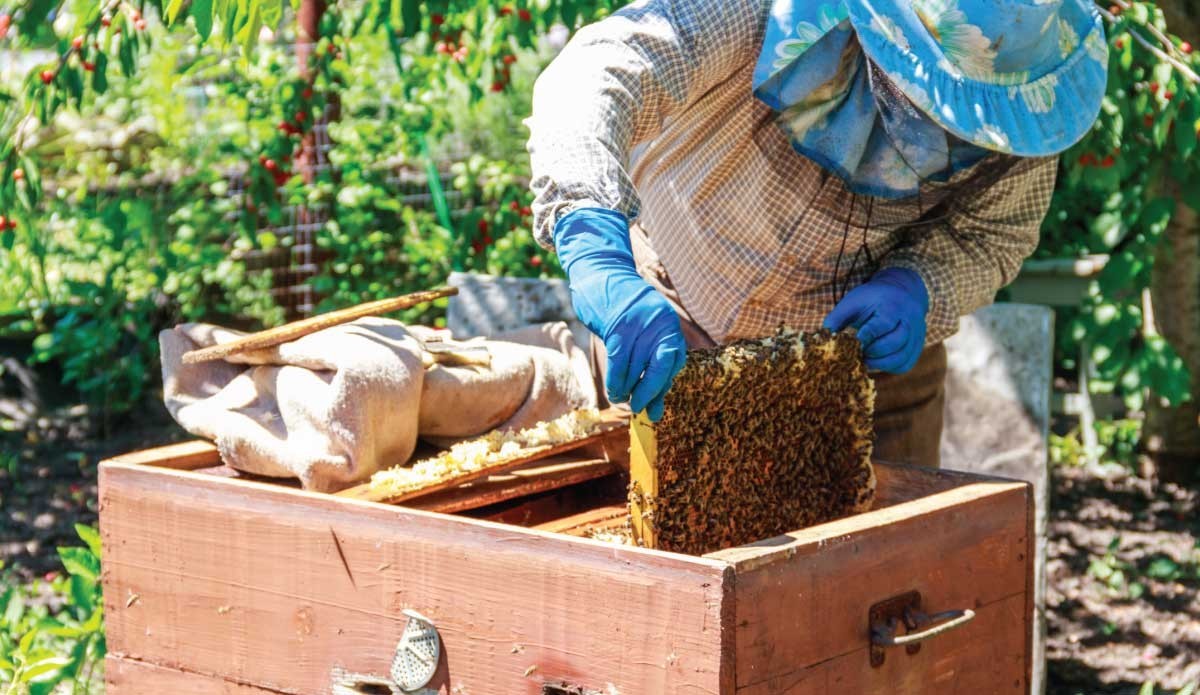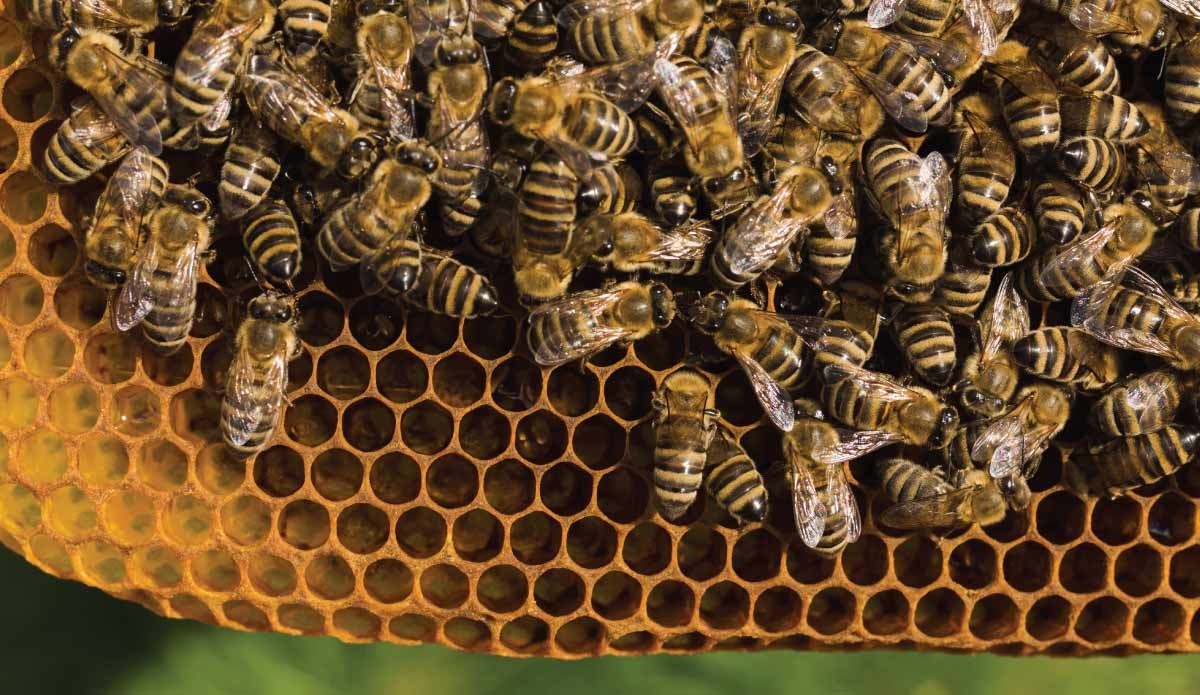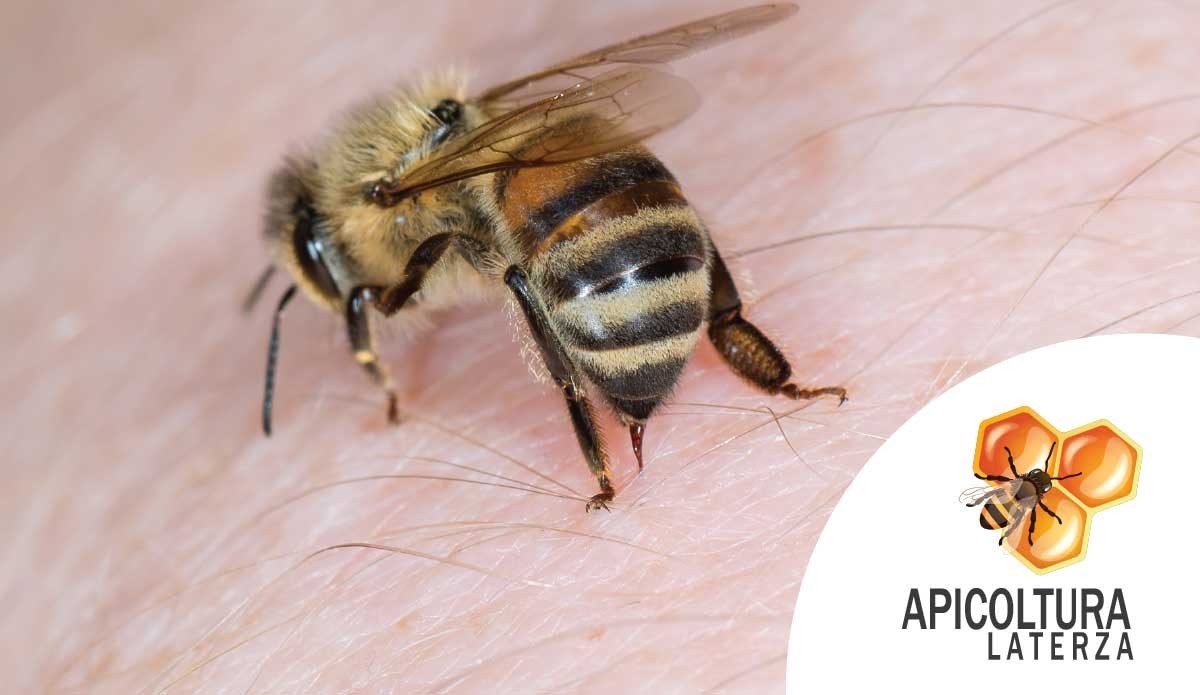Selection of colonies after honey collection

Beekeepers constantly evaluate the health of colonies: here's how
It is important for every beekeeper to carry out regular checks within their apiary. A careful and constant inspection activity allows breeders to have a lot of information about the health status of their bees.
Inspecting colonies after the honey harvest prevents diseases, mites or parasites from spreading rapidly. Furthermore, through a careful selection of the swarms, it is possible to obtain an ever stronger, healthier and more resistant apiary.
Let's find out more about the interventions by beekeepers for the selection of colonies.
How to assess the health of a colony
The colonies are evaluated by beekeepers through the analysis of some factors such as:
- Flight opening: in case of varroa the bees tend to have atrophied wings. It is good to check that the bees are healthy and that they have no difficulties
- Strength of a colony: it is advisable to verify that there are at least 10 occupied frames.
- Aggression: Aggressive behavior usually characterizes weaker swarms in poor health. Beekeepers always prefer swarms with better characteristics such as docility, and productivity.
- Hygienic behavior: the best swarms are those that carry out constant hygiene and cleaning interventions, eliminating waste or waste from the hive and preserving an environment that is always clean free from bacteria or parasites.
Colony selection is an important factor for breeders but also for swarm health. During this phase of the work, beekeepers aim to identify the healthy colonies with the best characteristics.
The swarms are already subject to strong natural selection which eliminates the weakest subjects. Through further selection by breeders, generations of bees that are increasingly strong and resistant to disease will be created.
Why do beekeepers select bees?
The selection of bees is a good beekeeping technique to maintain high quality standards and improve the genetic profile of swarms.
Beekeepers select the best colonies both to maximize production results and to preserve the health of the bees.
Today, keeping bees strong and healthy is more important than ever. Bees have always been one of the greatest natural resources on the planet. Bees are responsible for the pollination of about 90% of plant species on the planet.
Honey collection and subsequent anti-varroa treatment
In the summer, after the honey is harvested, the colonies are treated with formic acid.
Formic acid is used when the outside temperature is between 10 C ° and 30 C °. In beekeeping, there are specific dispensers capable of spreading the substance within an apiary. The dispensers are positioned above the frames or internally.
The anti-varroa treatment manages to eliminate up to 95% of the mites in about 14 days.
It is very important to carry out this type of treatment several times a year. The summer treatment makes bees healthy and strong, making them ready for the coming winter.
Are you a beekeeper? Do you need to reinforce your colonies? Buy bees online!
Do you have a beekeeping farm? For the purchase of bee cores , bee packs and queen bees , rely on professional beekeepers! Choose Apicoltura Laterza!
We have experience in this industry for over 30 years. We ship our bees throughout Italy and throughout Europe using professional and safe methods!
Our bees are selected and in excellent health. Each product is shipped together with a health certificate that certifies its quality and health. Order now in a few clicks! Buy directly online!






